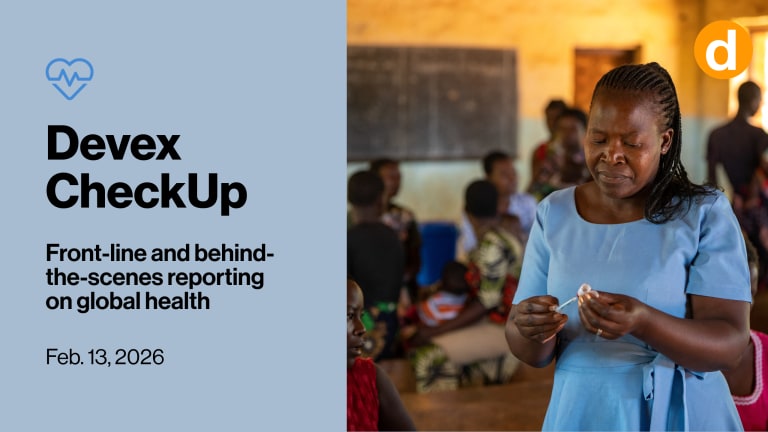
African leaders’ long reliance on foreign donors may be “creating lazy, unaccountable and corrupt government,” African Investment Correspondent Ed Cropley says. But as Africa’s population grows and donors consider foreign assistance cuts amid tough financial times, African leaders are looking for alternative schemes to spur growth – “more domestic debt, a broader tax base and foreign bonds.”
These are not easy options, Citibank Africa analyst Coura Fall notes.
“They’re long-term things. You can’t just do them for the next budget,” she says.
Another drawback is that eurobonds are time-consuming and expensive. A eurobond is a type of foreign bond issued and traded in countries other than the one in which the bond is denominated and usually used by governments and firms to increase capital in international markets.
Tanzania, for instance, is planning to launch a USD500 million eurobond in response to aid cuts.
Uganda raised its tax receipt by 20 percent, which means that it is getting less dependent on aid, Cropley notes. It is also thinking of using eurobonds as it waits for oil to come on-stream in 2015 from new fields in its Lake Albert region.
Cropley underscores that “With economic growth forecasts well above 5 percent, relatively low levels of external debt and lots of mineral beneath their soil, such countries [African nations] should be able to raise foreign cash on a scale way beyond domestic borrowing limits.”








